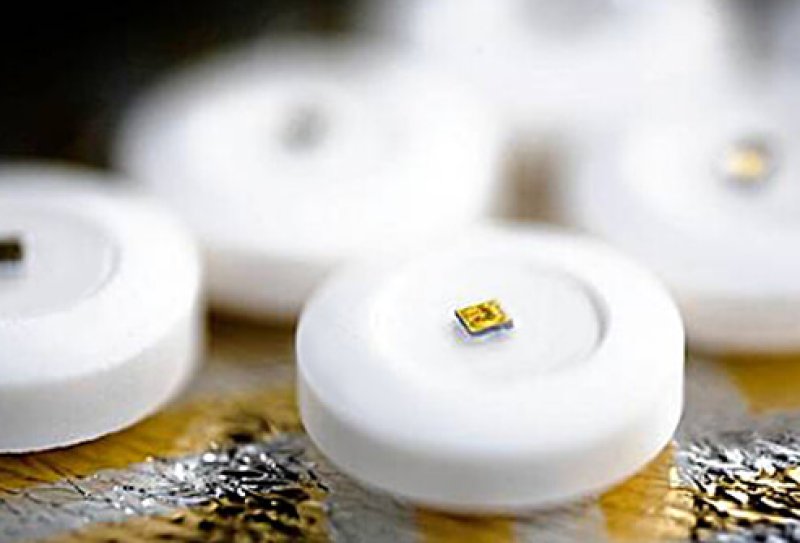The GLP aggregated and excerpted this blog/article to reflect the diversity of news, opinion and analysis.
Getting people to take their pills is hard, especially with mental illnesses like schizophrenia and bipolar disorder. But to use the language of techno-optimism: “There’s an app for that!”
No, really. The Food and Drug Administration has now accepted an application to evaluate a new drug-sensor-app system that tracks when a pill’s been taken. The app comes connected to a Band Aid-like sensor, worn on the body, that knows when a tiny chip hidden inside a pill is swallowed—so if patients aren’t keeping up with their meds, the program can alert their doctors.
The drug here is Abilify, a popular antipsychotic from the pharmaceutical giant Otsuka, and the sensor and the app come from Proteus Digital Health, a California-based health technology company. The FDA has already approved the drug and the sensor system separately—now, they’ll be evaluated together under a whole new category of “digital medicines.” If approved, the ingestible sensor can actually be used in the pill.
But don’t call this communication “monitoring,” representatives from Proteus and Otsuka made very clear. “We’re not managing. We’re about empowerment and enablement,” says Proteus CEO Andrew Thompson.
Why are these companies are so keen on the language of empowerment? Consider how The Colbert Report ripped into Proteus a few years ago. Punchline? “Because nothing is more reassuring to a schizophrenic than a corporation inserting sensors into your body and beam (sic) information to all those people watching your every move.”
Read full, original post: Why Pharma wants to put sensors in this blockbuster drug































